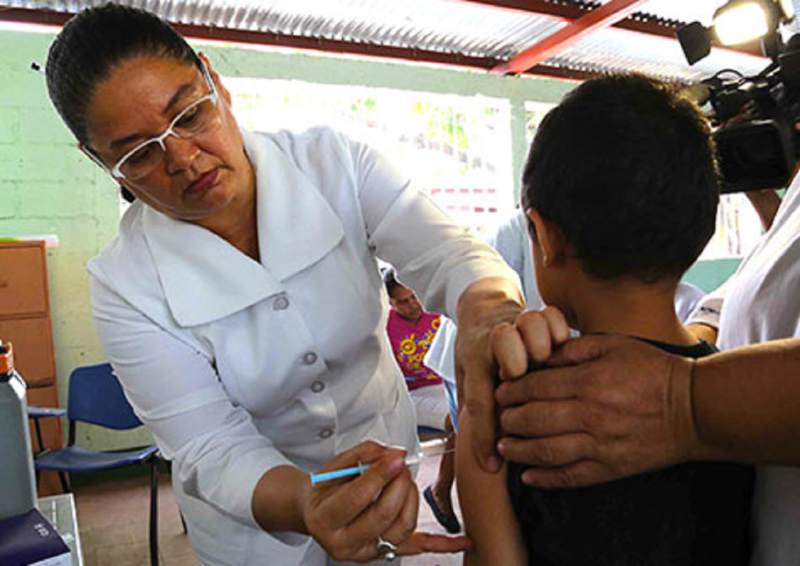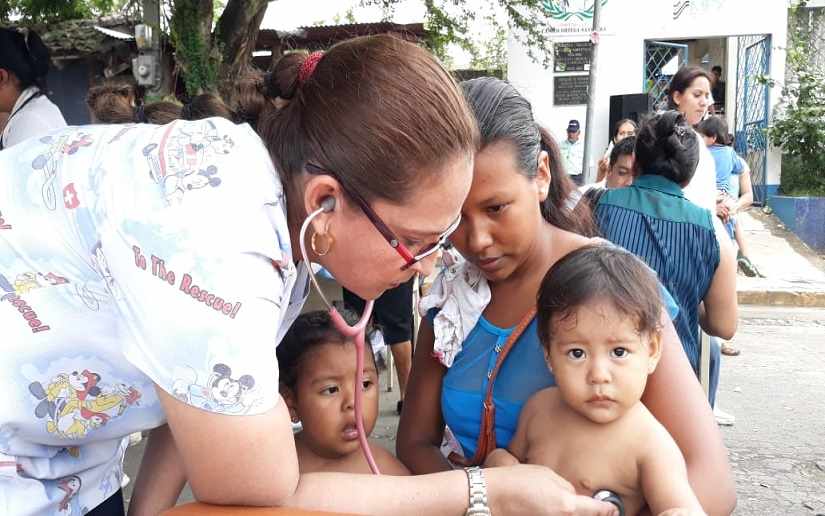
Nicaragua does not have a national health system with universal coverage and unfortunately its budget has been reduced in recent years. More than 40% of the population is in rural areas, and due to the distance from health units, there is a notable reduction in service coverage. On the other hand, the low level of family income and the high cost of private services, particularly in the autonomous regions of the country, create a much greater barrier to access to health. In the 2 autonomous regions, the difficult access to health increases for geographical reasons, socio-cultural characteristics, language and environmental factors.

In terms of diseases that are easy to treat, such as respiratory and diarrheal diseases, they are still among the main causes of death in childhood. At the same time, chronic and degenerative diseases, characteristic of the elderly, are increasing.